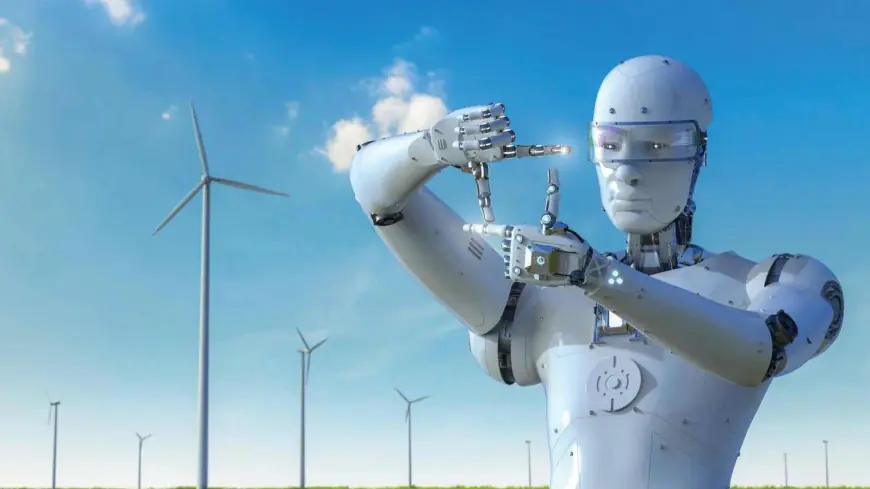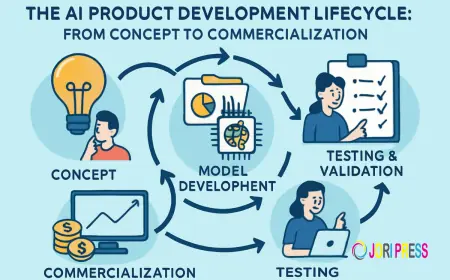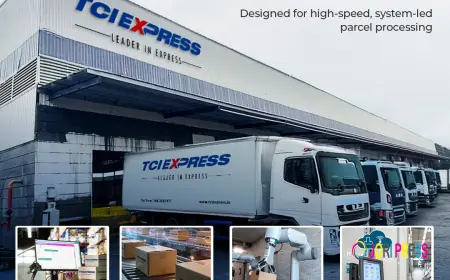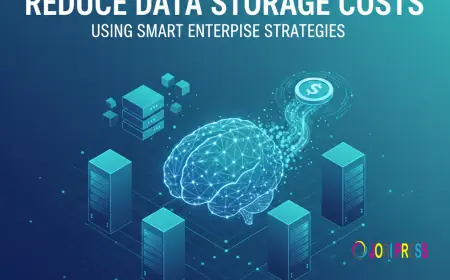AI-Driven Energy Systems for Global Emissions and Grid Stability
AI-driven energy systems are transforming how the world addresses climate change. Discover how artificial intelligence optimizes efficiency, integrates renewables, and accelerates decarbonization for a sustainable path to cutting global emissions.

The accelerating urgency of climate change has placed energy innovation at the center of sustainability efforts. AI-driven energy systems for global emissions reduction are proving to be transformative, enabling smarter infrastructure, optimized resource use, and intelligent integration of renewables. By harnessing the power of artificial intelligence, industries and governments can significantly advance toward a low-carbon future.
Understanding AI-Driven Energy Systems
AI-driven energy systems are platforms that apply advanced algorithms and machine learning to monitor, analyze, and optimize energy use. These systems function across grids, industrial facilities, and consumer environments to ensure energy is delivered and consumed with maximum efficiency and minimum waste.
The Role of AI in Reducing Global Emissions
Artificial intelligence contributes to lowering emissions by identifying inefficiencies, predicting energy demand, and automating adjustments. By enabling systems to anticipate and respond in real time, AI minimizes reliance on carbon-intensive energy sources, reducing greenhouse gas emissions on a large scale.
Integration of Renewables Through AI
One of the most pressing challenges in global energy transition is the variability of renewable resources. AI solves this problem by forecasting solar and wind output, balancing supply and demand, and ensuring seamless integration of renewables into existing grids, thereby reducing dependence on fossil fuels.
AI for Grid Optimization and Energy Efficiency
AI enables dynamic grid management by predicting peak demand, identifying vulnerabilities, and preventing outages. Smart grids powered by AI can route electricity efficiently, store surplus renewable power, and optimize energy distribution. On the consumer side, AI can fine-tune building energy systems to cut unnecessary consumption.
Industrial Applications of AI-Driven Energy Systems
Industries such as manufacturing, logistics, and transportation benefit immensely from AI-driven energy management. Machine learning models can optimize production schedules, reduce downtime, and minimize fuel use. In transportation, AI enhances fleet management and supports the shift to electric vehicles, driving down emissions further.
Environmental and Economic Benefits
AI-driven systems not only reduce emissions but also lower costs by maximizing energy efficiency. Companies can meet sustainability targets while benefiting from operational savings. On a larger scale, governments adopting AI for energy transition see progress toward climate commitments while stimulating innovation-driven economies.
Challenges in Deploying AI-Driven Energy Systems
Despite the promise, widespread adoption faces challenges such as high implementation costs, data privacy concerns, and the need for skilled expertise. Overcoming these barriers requires policy support, cross-industry collaboration, and continuous research into transparent and secure AI solutions.
The Future Outlook for AI-Driven Energy in Emission Reduction
The trajectory of AI in energy points toward increasingly autonomous systems capable of making complex decisions across grids and industries. As digitalization and renewable adoption grow, AI will be the central intelligence driving decarbonization efforts globally, aligning economic growth with sustainability imperatives.
For More Info https://bi-journal.com/ai-driven-energy-systems-for-cutting-global-emissions/
Conclusion
AI-driven energy systems represent a breakthrough in the global fight against climate change. By uniting data, intelligence, and sustainability, they create a pathway toward significant emission reductions. Organizations that invest in AI-powered solutions now will not only meet environmental goals but also unlock competitive advantages in a carbon-conscious world.
What's Your Reaction?
 Like
0
Like
0
 Dislike
0
Dislike
0
 Love
0
Love
0
 Funny
0
Funny
0
 Angry
0
Angry
0
 Sad
0
Sad
0
 Wow
0
Wow
0
















































